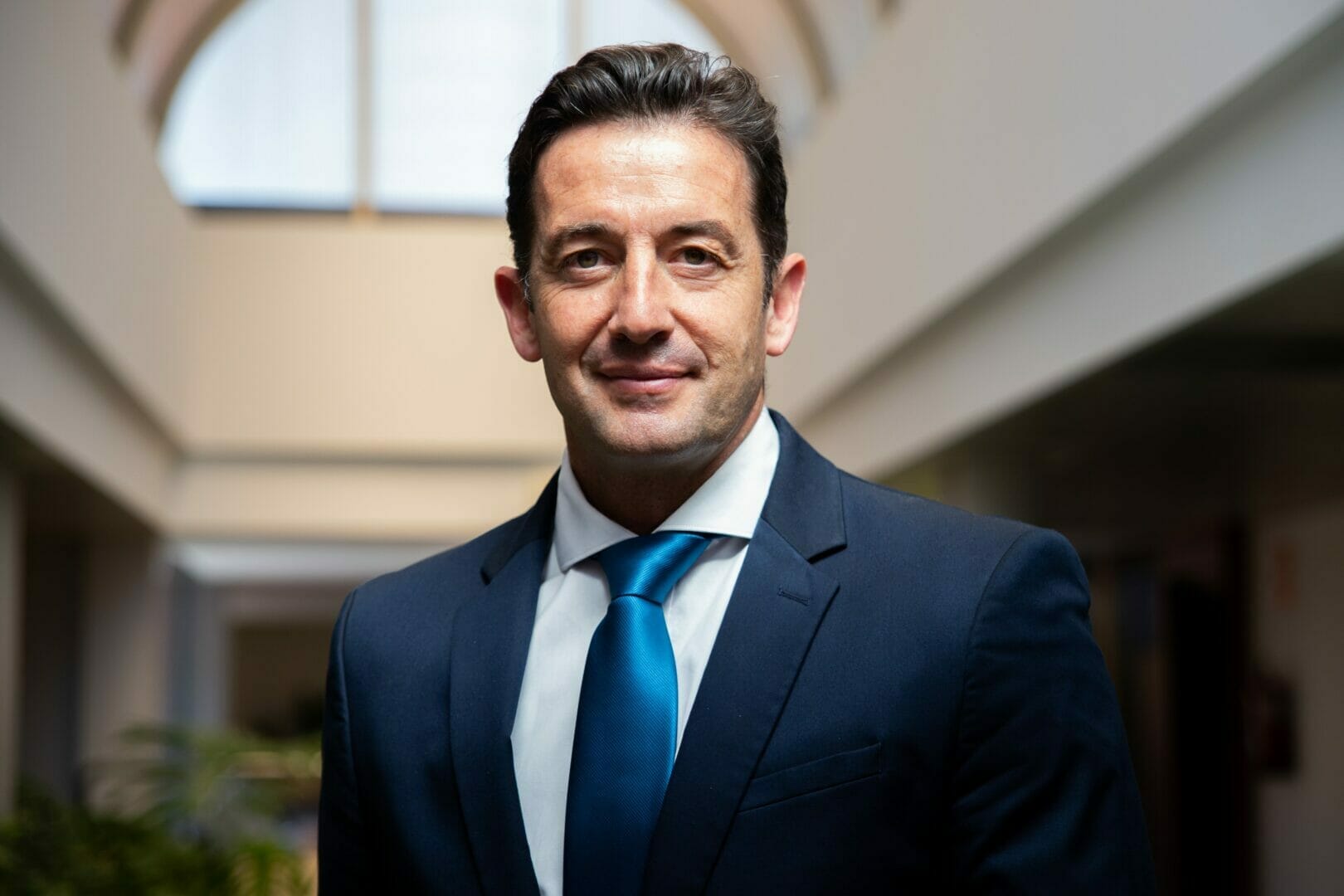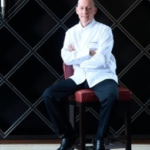In 2016, the image of “Connie” at the front desk of the Hilton McLean hotel in Virginia went around the world. She was one of the hotel industry’s first intelligent robots.
Developed by the Hilton chain in collaboration with US robotics company IBM Watson, “Connie” was designed to interact with guests, provide information about hotel services or make recommendations for nearby restaurants and places.
In addition, “Connie” had the ability to learn from each interaction, providing quick and personalised responses that helped improve customer experience.
Seven years have passed, and chatbots are now not only commonly used in hotels around the world but have also transformed the way we communicate (whether companies, organisations and citizens).
In a hotel, a chatbot is able to guide guests through the facilities, explain the list of activities scheduled during the day and notify them of mealtimes. It can also manage bookings, keep up a natural conversation and remain fully available 24/7.
This is true of the simplest versions. The latest generation of chatbot, driven by the unstoppable growth of AI, will be capable of almost anything. ChatGPT is just a first sample and has already revolutionised absolutely everything.
There are risks, but also opportunities. More time to regain a sense of hospitality, more resources for employees, more guest engagement, as well as greater loyalty. Extra time for relationships and inter-human interaction.
I call it premiumisation of customer service and am personally convinced that technology, in any form, will be a key renovating factor in the tourism sector. This is also confirmed by data.
By 2027, chatbots will be the primary customer service channel for about a quarter of organisations, according to a Gartner study, while AI will take over 50% of automated tasks performed in the travel industry by 2024 (Eternity).
A report by Oracle Hospitality places the emphasis on tourist profiles. Currently up to 77% of travellers are interested in using automated messaging or chatbots for customer service requests in hotels.
It is a fact: digitisation has become an essential requirement in the hospitality industry and those who adapt the fastest will have a competitive advantage in the marketplace. There is no time to waste. The change is now.
Entrepreneurs must wager on trained, intrapreneurial talent with the ability to activate the potential of technological tools. It is not a question of being an expert in AI, but of knowing the sector in depth, the internal structure of the business, understanding the impact and applying the most appropriate processes.
Leading from the future. “Connie” will evolve over the years and will likely be replaced by superior AI. Our mission is to ensure that the talent to channel it endures over time.
At Les Roches, we ensure our students receive a comprehensive education that keeps them perpetually open to external stimuli. Naturally curious people, with the ability to experience lifelong learning, as well as a passion for customers, at the very heart of hospitality.
Our multicultural campuses feature innovation spaces designed to test the latest market innovations, experiment with their real-life uses and co-create cutting-edge solutions.
We enjoy the backing of institutions such as the UNWTO, the United Nations agency in charge of promoting responsible, sustainable and accessible tourism, along with the support of major companies and some of the most fascinating projects.
As we tell our students, we have made a three-decade leap. The ways we relate to each other and enjoy our leisure time continue to shift. We are living in one of the most important VUCA environments in our modern history. It is time to take action.
Carlos Díez de la Lastra is CEO of Les Roches.



